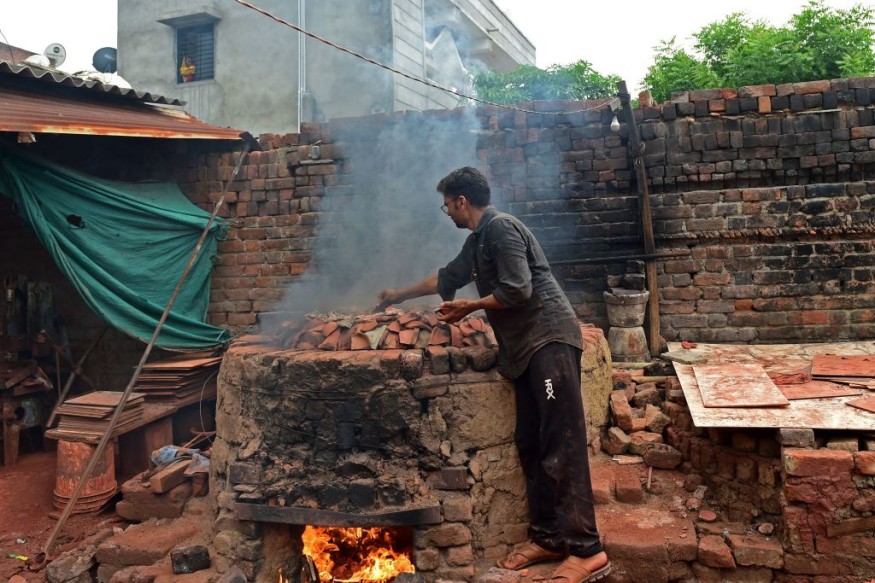A recent study suggests that the greenhouse gas-reducing benefits of replacing highly polluting cookstoves have been overstated by up to tenfold.
Every year, an estimated 3.2 million people die prematurely as a result of household air pollution generated by cooking with smoky fuels like wood, paraffin, or kerosene, which accounts for around 2% of global greenhouse gas emissions.
Such cooking contributes to deforestation and habitat degradation by cutting down trees for fuel.
Highly Exaggerated Claims?

Cookstove projects in developing countries can have significant health, social, and environmental benefits by switching from smoky fuels to cleaner alternatives such as electric cookers. These benefits include improving air quality, reducing the amount of time people spend collecting wood, and slowing the loss of the world's forests.
However, clean cookstove programs, one of the most popular types of carbon offset schemes, are most likely exaggerating their positive impact on the environment by 1,000% on average.
While several offsetting programs claimed to fund "clean" cookstoves, the majority did not fulfill World Health Organization criteria, according to researchers.
According to researchers, standardized procedures for producing offsets allowed organizations to misrepresent how frequently individuals used the stoves and the resultant advantages for neighboring trees, greatly inflating the benefit to climate and biodiversity.
The scientists investigated five approaches for measuring emission reductions in cookstove projects and found them all inadequate.
Data covering almost 40% of cookstove credits worldwide revealed that 26.7 million carbon credits hardly averted a tenth of the CO2 emissions stated, or about 2.9 million tons.
In carbon markets, one credit equals one ton of carbon dioxide.
Extrapolating across all cookstove initiatives, the authors estimated that credits were overvalued by more than ten times.
Carbon credits enable firms-or countries under certain conditions-to offset greenhouse gas emissions by investing in projects that reduce or eliminate CO2 from the atmosphere.
Over-crediting undermines carbon markets' credibility, according to Annelise Gill-Wiehl, a researcher at the University of California, Berkeley.
"No one has trust that one carbon credit represents one metric tonne of reduced emissions. Whoever is buying the credits is allowed to emit one more ton of CO2 under the premise that they're not actually emitting it," she added.
Carbon Credits
The findings are based on prior studies on the impact of cookstove initiatives by development economists, who discovered that they frequently failed to provide the projected benefits in practice.
Despite the issues, the researchers believe the laws for producing carbon credits may be changed to create a real source of climate finance that businesses can trust. They provide a mechanism for clean cookstove programs to avoid overstating their impact, which several cookstove firms have already used while the research was being peer-reviewed.
The study comes at a time when the uncontrolled voluntary carbon market is under intensive examination, with fears that many schemes are producing vast volumes of useless carbon offsets.
Barbara Haya, head of the Berkeley Carbon Trading Project and co-author of the paper, stated that researchers intended to increase credit quality.
"A carbon credit market built on exaggerations is destined to fail. Our hope is that the specific recommendations we offer can help make clean cookstoves a trusted source of quality carbon credits," she said.
© 2026 NatureWorldNews.com All rights reserved. Do not reproduce without permission.





